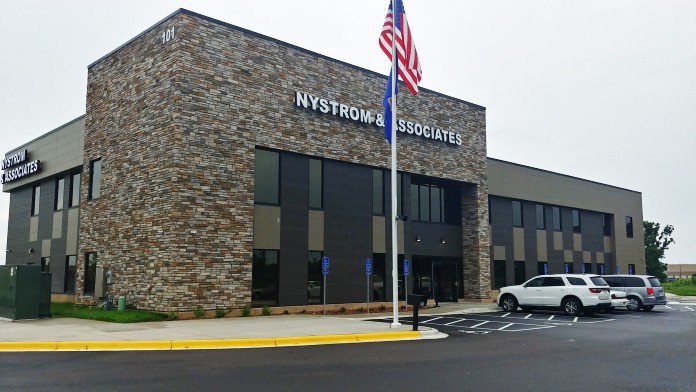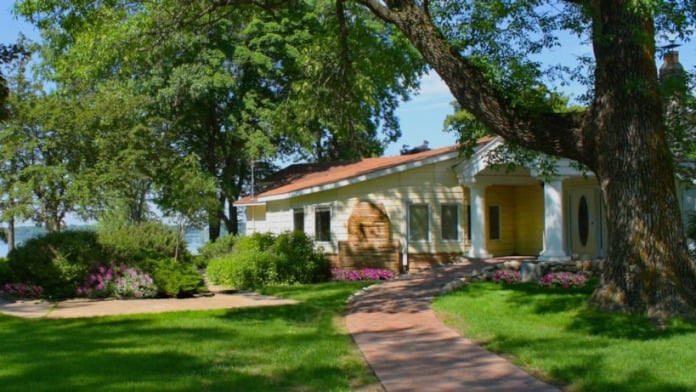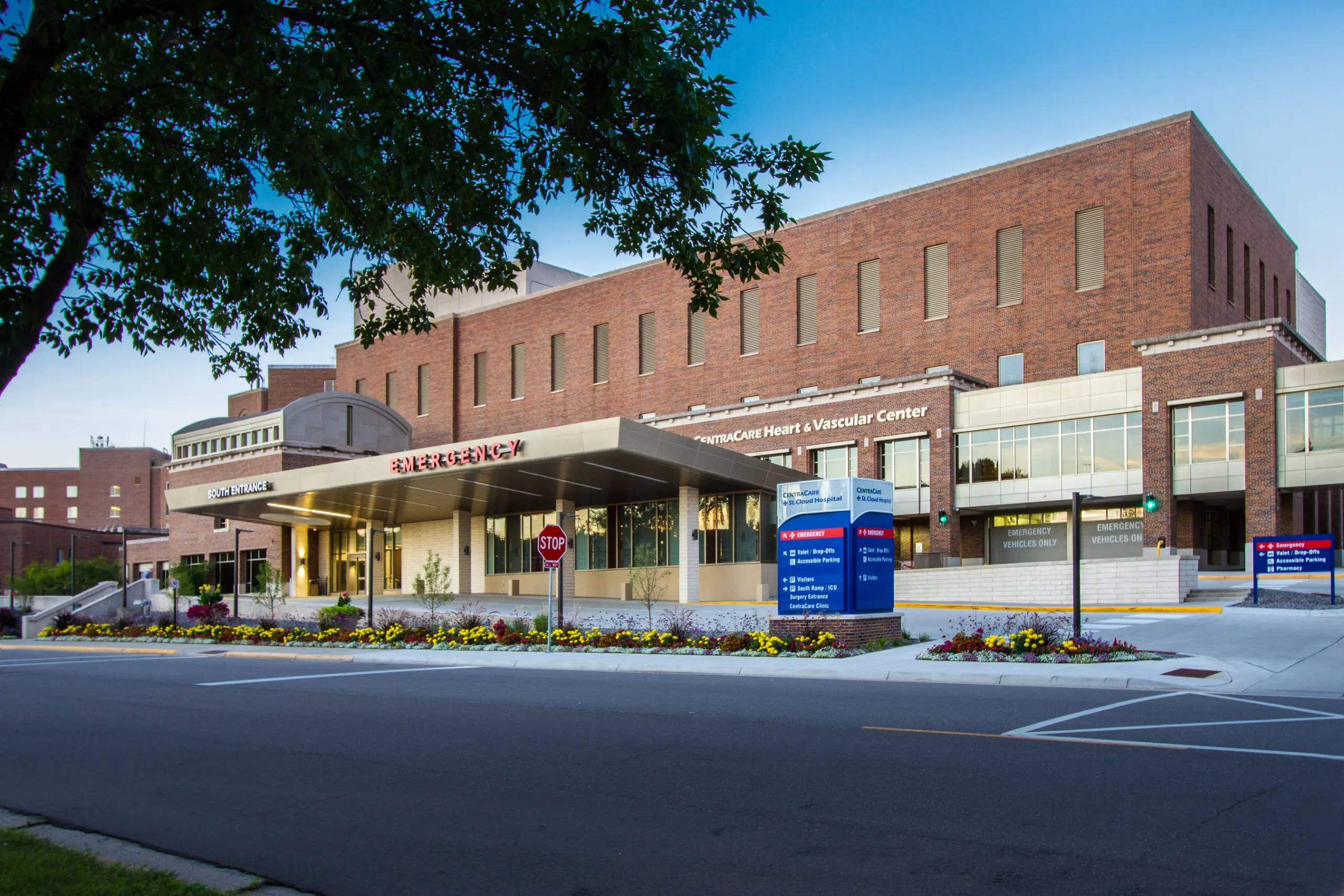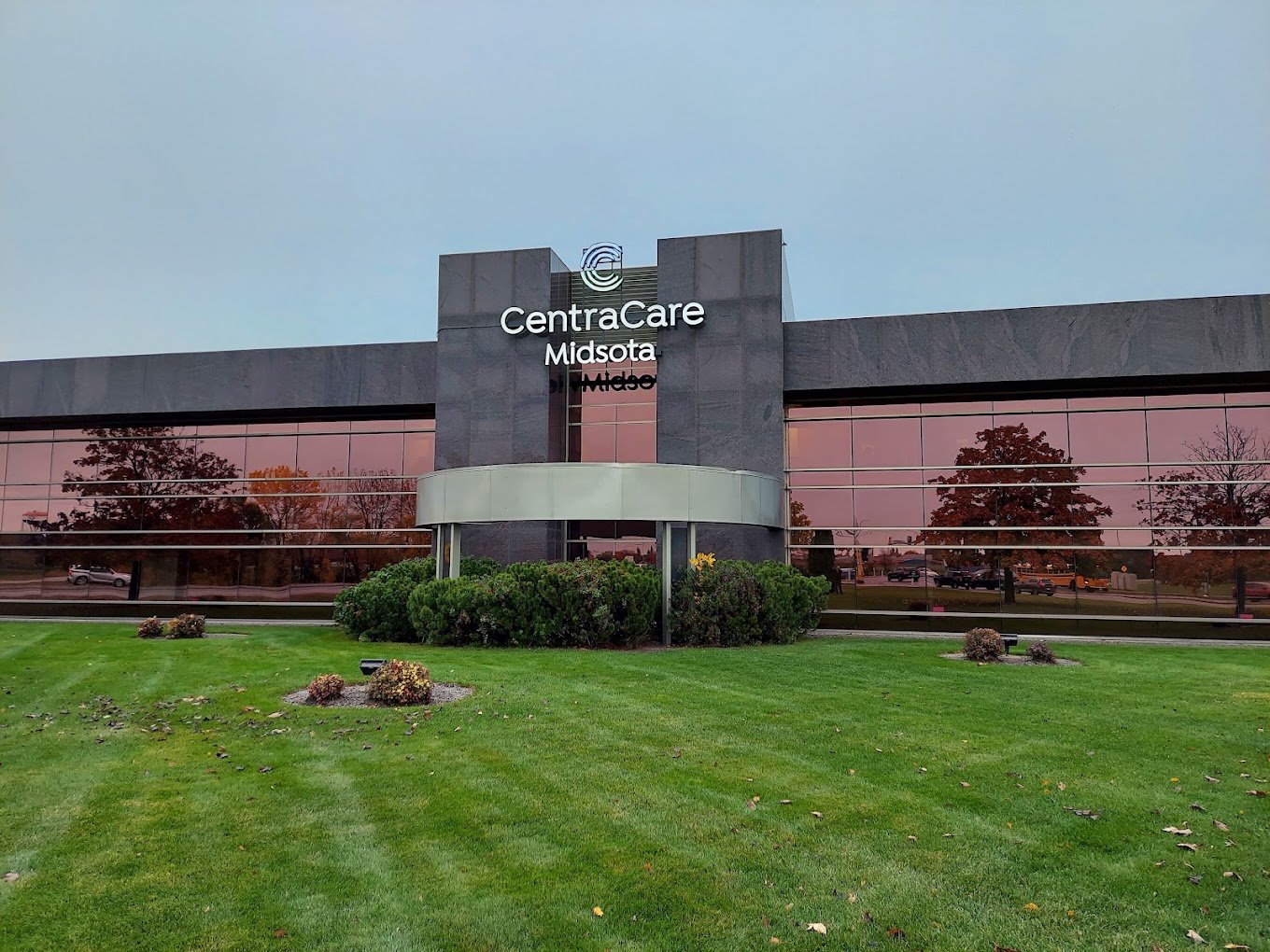About Community Behavioral Health Hospital – CBHH
Community Behavioral Health Hospitals or CBHHs in Annandale is one of six regional inpatient psychiatric care facilities in communities across Minnesota. This 16 bed hospital offers short term hospitalization services for people dealing with acute psychiatric issues and cooccurring substance use disorders. Recovery here focuses on stabilization, symptom management and linkage to ongoing support for lasting recovery.
Community-Centered Care
The facility boasts a safe, structured and highly therapeutic setting where optimal recovery outcomes can be achieved. The core appeal of CBHHs is that they’re embedded right in the community. This enables patients to receive care close to home and benefit from the support of family, friends and coworkers. Having access to these robust support networks makes recovery easier and less lonely. It also facilitates a smooth transition back into daily life upon recovery.
Treatment begins with a thorough biopsychosocial health assessment during intake to identify underlying medical, psychological and social issues fueling symptoms. This is followed by personalized treatment planning to ensure tailored care.
Robust Team of Specialists
Patients benefit from the support of interdisciplinary care professionals ranging from psychiatrists and physicians to clinical social workers, addiction counselors and occupational therapists. These experts provide 24-hour nursing care, ensuring continuous support and medical supervision as you stabilize. Services encompass psychiatric care like medication prescription, monitoring and management.
This also forms part of the treatment support for co-occurring disorders. You may also attend therapy sessions to address underlying psychological issues and build strong coping strategies to prevent relapse. Additionally, the program includes illness management to promote stability and prevent relapse.
The full spectrum of services includes care coordination and personalized discharge and aftercare planning to facilitate seamless transition to suitable community settings. CBHHs are locked facilities, meaning patients stay on-site for care and cannot leave freely until discharge. Patients stay in the hospital an average of 48 days before discharge. Admission is strictly via referral from county social service agencies and criminal justice systems as well as community hospitals and mental health providers.
Recovery In Scenic Annandale
CBHH in Annandale is positioned along Annandale Blvd, just off Highway 55 and less than a mile from downtown. Highway 55 connects Annandale directly to Buffalo, St. Cloud and Minneapolis-St. Paul. This makes it easy for patients from surrounding cities to access care here.
Annandale is a small city in Wright County known for its scenic lakes and strong community atmosphere. The hospital is less than a mile east of Annandale Municipal Park and a mile north of Pleasant Lake. Folks in this area travel primarily through personal vehicles as no major public transit system is available. Wright County Area Transportation offers scheduled rides that may be of help.
Rehab Score
Location
Other Forms of Payment
Medicaid is a state based program that helps lower-income individuals and families pay for healthcare. Medicaid covers addiction treatment so those enrolled can use their coverage to pay for rehab. When a program accepts Medicaid the client often pays very little or nothing out of their own pocket.
Private insurance refers to any kind of healthcare coverage that isn't from the state or federal government. This includes individual and family plans offered by an employer or purchased from the Insurance Marketplace. Every plan will have different requirements and out of pocket costs so be sure to get the full details before you start treatment.
Self-pay involves paying for treatment out of your own pocket. You can use savings or credit, get a personal loan, or receive help from family and friends to fund your treatment. If you don't have insurance or your insurance plan doesn't cover a specific program, self-pay can help ensure you still get the care you need.
Financial aid can take many forms. Centers may have grants or scholarships available to clients who meet eligibility requirements. Programs that receive SAMHSA grants may have financial aid available for those who need treatment as well. Grants and scholarships can help you pai for treatment without having to repay.
Medicare is a federal program that provides health insurance for those 65 and older. It also serves people under 65 with chronic and disabling health challenges. To use Medicare for addiction treatment you need to find a program that accepts Medicare and is in network with your plan. Out of pocket costs and preauthorization requirements vary, so always check with your provider.
Addiction Treatments
Levels of Care
Residential treatment programs are those that offer housing and meals in addition to substance abuse treatment. Rehab facilities that offer residential treatment allow patients to focus solely on recovery, in an environment totally separate from their lives. Some rehab centers specialize in short-term residential treatment (a few days to a week or two), while others solely provide treatment on a long-term basis (several weeks to months). Some offer both, and tailor treatment to the patient's individual requirements.
Treatments
Mental health rehabs focus on helping individuals recover from mental illnesses like bipolar disorder, clinical depression, anxiety disorders, schizophrenia, and more. Mental health professionals at these facilities are trained to understand and treat mental health issues, both in individual and group settings.
Programs
Adult rehab programs include therapies tailored to each client's specific needs, goals, and recovery progress. They are tailored to the specific challenges adult clients may face, including family and work pressures and commitments. From inpatient and residential treatment to various levels of outpatient services, there are many options available. Some facilities also help adults work through co-occurring conditions, like anxiety, that can accompany addiction.
Young adulthood can be an exciting, yet difficult, time of transition. Individuals in their late teens to mid-20s face unique stressors related to school, jobs, families, and social circles, which can lead to a rise in substance use. Rehab centers with dedicated young adult programs will include activities and amenities that cater to this age group, with an emphasis on specialized counseling, peer socialization, and ongoing aftercare.
Clinical Services
Experiential therapy is a form of therapy in which clients are encouraged to surface and work through subconscious issues by engaging in real-time experiences. Experiential therapy departs from traditional talk therapy by involving the body, and having clients engage in activities, movements, and physical and emotional expression. This can involve role-play or using props (which can include other people). Experiential therapy can help people process trauma, memories, and emotion quickly, deeply, and in a lasting fashion, leading to substantial and impactful healing.
Group therapy is any therapeutic work that happens in a group (not one-on-one). There are a number of different group therapy modalities, including support groups, experiential therapy, psycho-education, and more. Group therapy involves treatment as well as processing interaction between group members.
In individual therapy, a patient meets one-on-one with a trained psychologist or counselor. Therapy is a pivotal part of effective substance abuse treatment, as it often covers root causes of addiction, including challenges faced by the patient in their social, family, and work/school life.
Contact Information
400 Annandale Boulevard
Annandale, MN 55302




